Opinion: We can't possibly keep producing electricity the old way — and those campaigning against wind turbines and solar farms need to lay down their placards
Country Life's columnist Agromenes delivers a powerful and heartfelt message in praise of progress.
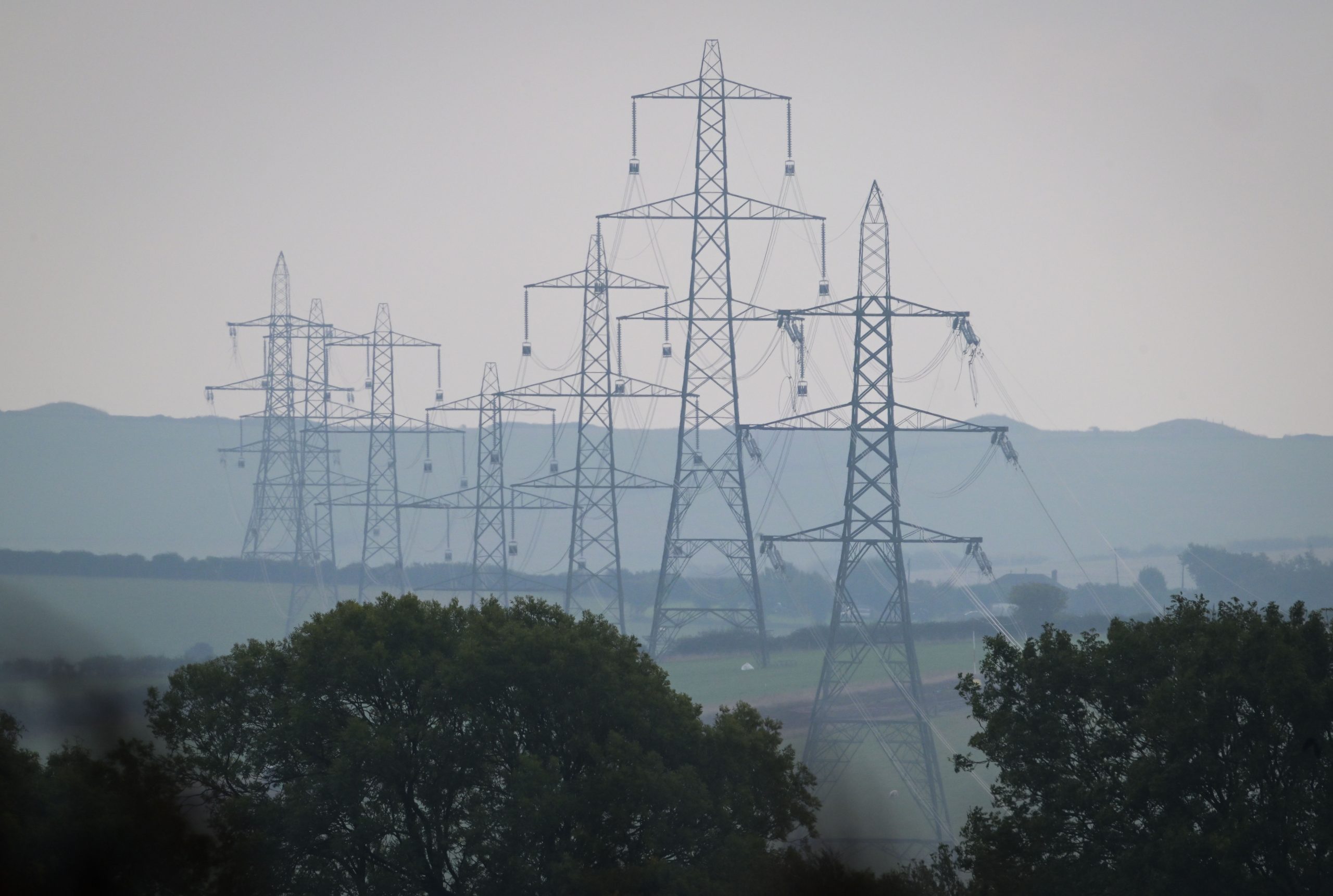

Britain’s electricity grid needs urgent transformation if we don’t want the lights to go out. It will be a real challenge to the countryside, because the improvements that are essential mean the construction of a new web of connection to provide the energy to heat homes, fuel cars and run all the machines that power our modern lives.
We’ve done it before — our national grid was once the most advanced in the world and the pylons that stride across the countryside made it so. However, that grid was the reverse of the one we now need — 20th-century electricity was generated in huge coal-fired power plants and fed out around the country. As a result, everybody, even in the most rural of places, expects to get electricity.
The electricity of the 21st century may be the same electrons, but they are generated and delivered differently. No wonder that the French called their old generating stations centrales. It described the system exactly: a central power generator sending energy out. Today, we generate electricity all over the place, through wind power from offshore and onshore turbines, through solar power from roofs and solar farms, connectors from France and Scandinavia — even nuclear power will be delivered from much smaller stations, more widely distributed.
We couldn’t possibly afford to produce electricity the old way. Coal, oil and gas are far more expensive than renewables. We may be decarbonising the system because fossil fuels are threatening life on our planet, but we have to do it anyway if we’re to deal with the cost-of-living crisis.
As does any revolution, it means fundamental change. The cost is not only financial: it demands we do things differently — and we don’t like change. We have to admit we’ve grown used to putting up with polluted air, we accepted that men worked in dirty and dangerous conditions digging coal and that huge power stations polluted the countryside.
"Citizens must eschew knee-jerk opposition and accept that wind, solar and batteries are essential"
Of course, some changes are to be welcomed — the end of slag-heaps, pneumoconiosis, smogs and soot — but we resent the new demands: the turbines, the pylons and the transmission stations. From Norwich in Norfolk to Tilbury in Essex, rural campaigners prepare to fight pylons; all the way down the East Anglian coast, village action groups are seeking to stop onshoring transmission stations; from Yorkshire to Somerset, people are up in arms at the siting of big battery storage units and everywhere there’s antagonism to solar farms.
Yet this is where our future lies. If Britain is to make its way in the world, particularly now we’ve decided to go it alone, we have to compete. Our goods will not sell unless they are low carbon and our prices won’t be competitive unless our energy costs are low. We have to be leaders in technology and make the UK the prime place to invest in the green economy that is emerging as the only possible economy in a world threatened by climate change. The US, the EU and China have understood this. That’s where it’s happening and we have fallen behind. Only by fixing the grid will we deliver the mechanism for the new industrial revolution.
Sign up for the Country Life Newsletter
Exquisite houses, the beauty of Nature, and how to get the most from your life, straight to your inbox.
The Government must ease the passage. Undersea cables must replace the overland routes wherever possible. We need urgent regulations to guard against fire in battery installations. Local people should get cheaper electricity when solar farms and on-shore wind turbines are installed. Above all, Government must explain and involve. That’s not being a nanny state, it’s giving the facts that will enable people to make sensible decisions. In response, citizens must eschew the knee-jerk opposition to change and accept that wind, solar, batteries and their connection are essential for the future of the country and for our grandchildren.
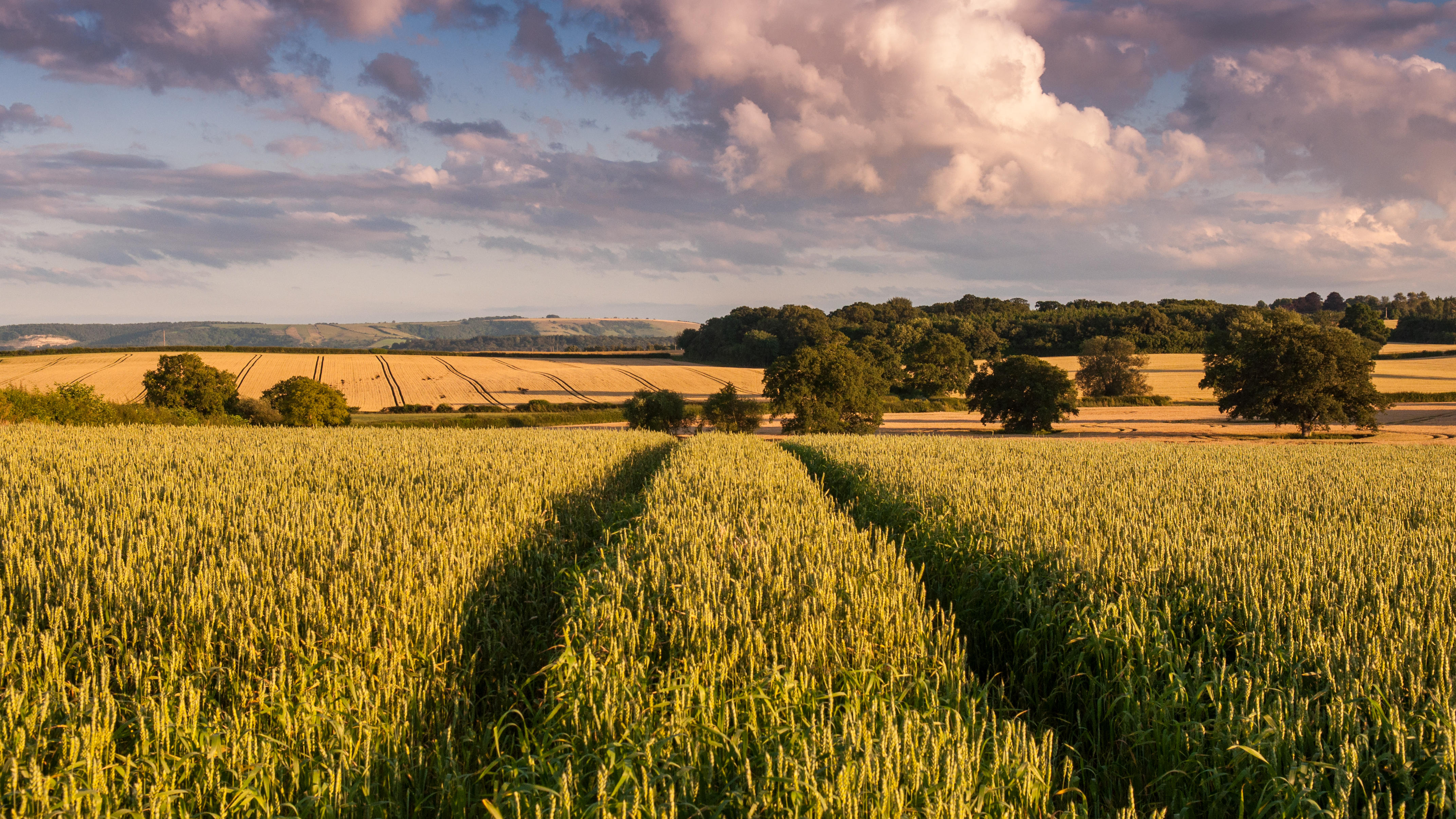
Credit: Alamy Stock Photo
Agromenes: The terrible warnings which must make us take food self-sufficiency seriously again
Country Life's agriculture columnist Agromenes on why we need to learn the lessons of the tragic events of the last
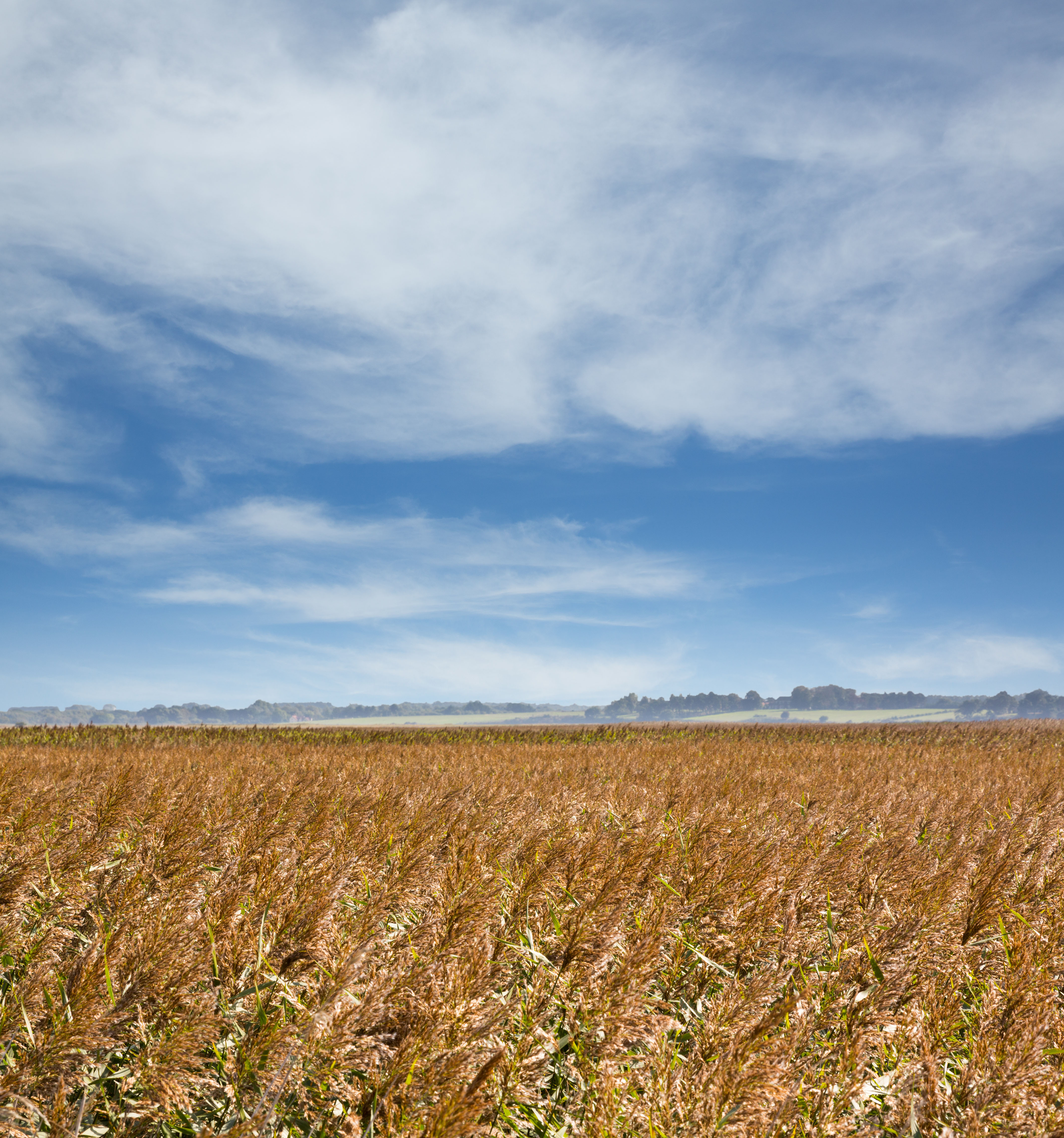
The American airman's portrait of 1940s England that portrays a world that's already disappeared
A chance encounter with a book stall opens the eyes of our columnist Agromenes as he sees England through the
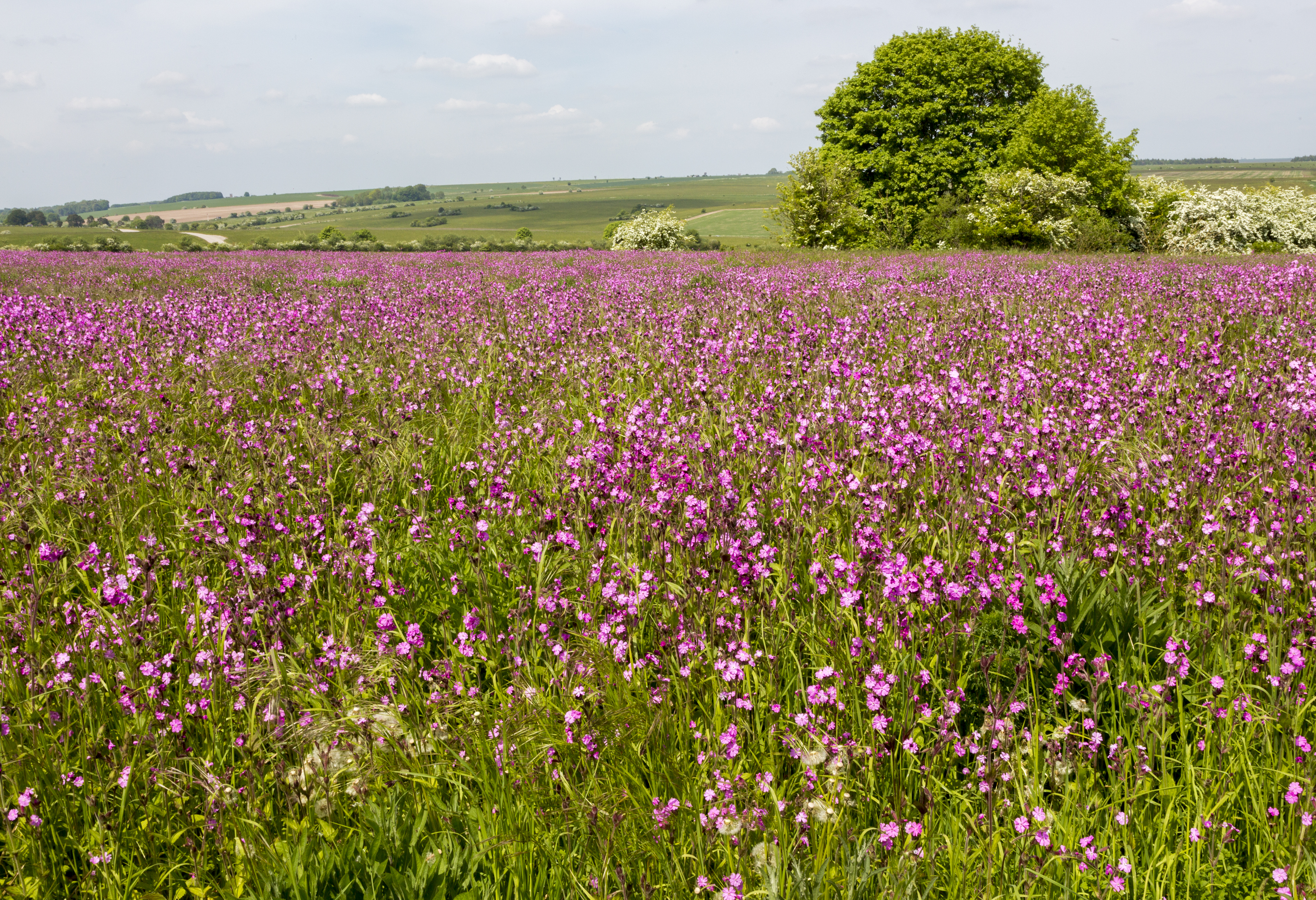
Credit: Ian Murray, Getty Images
Opinion: In the 19th century we couldn’t do without coal, in the 20th we couldn't do without oil. In the 21st, we're learning to prosper without either
Country Life's columnist Agromenes thinks we can have it all — prosperity and a thriving environment — if we do it
Country Life is unlike any other magazine: the only glossy weekly on the newsstand and the only magazine that has been guest-edited by HRH The King not once, but twice. It is a celebration of modern rural life and all its diverse joys and pleasures — that was first published in Queen Victoria's Diamond Jubilee year. Our eclectic mixture of witty and informative content — from the most up-to-date property news and commentary and a coveted glimpse inside some of the UK's best houses and gardens, to gardening, the arts and interior design, written by experts in their field — still cannot be found in print or online, anywhere else.
-
 'To exist in this world relies on the hands of others': Roger Powell and modern British bookbinding
'To exist in this world relies on the hands of others': Roger Powell and modern British bookbindingAn exhibition on the legendary bookbinder Roger Powell reveals not only his great skill, but serves to reconnect us with the joy, power and importance of real craftsmanship.
By Hussein Kesvani
-
 Spam: The tinned meaty treat that brought a taste of the ‘hot-dog life of Hollywood’ to war-weary Britain
Spam: The tinned meaty treat that brought a taste of the ‘hot-dog life of Hollywood’ to war-weary BritainCourtesy of our ‘special relationship’ with the US, Spam was a culinary phenomenon, says Mary Greene. So much so that in 1944, London’s Simpson’s, renowned for its roast beef, was offering creamed Spam casserole instead.
By Country Life
-
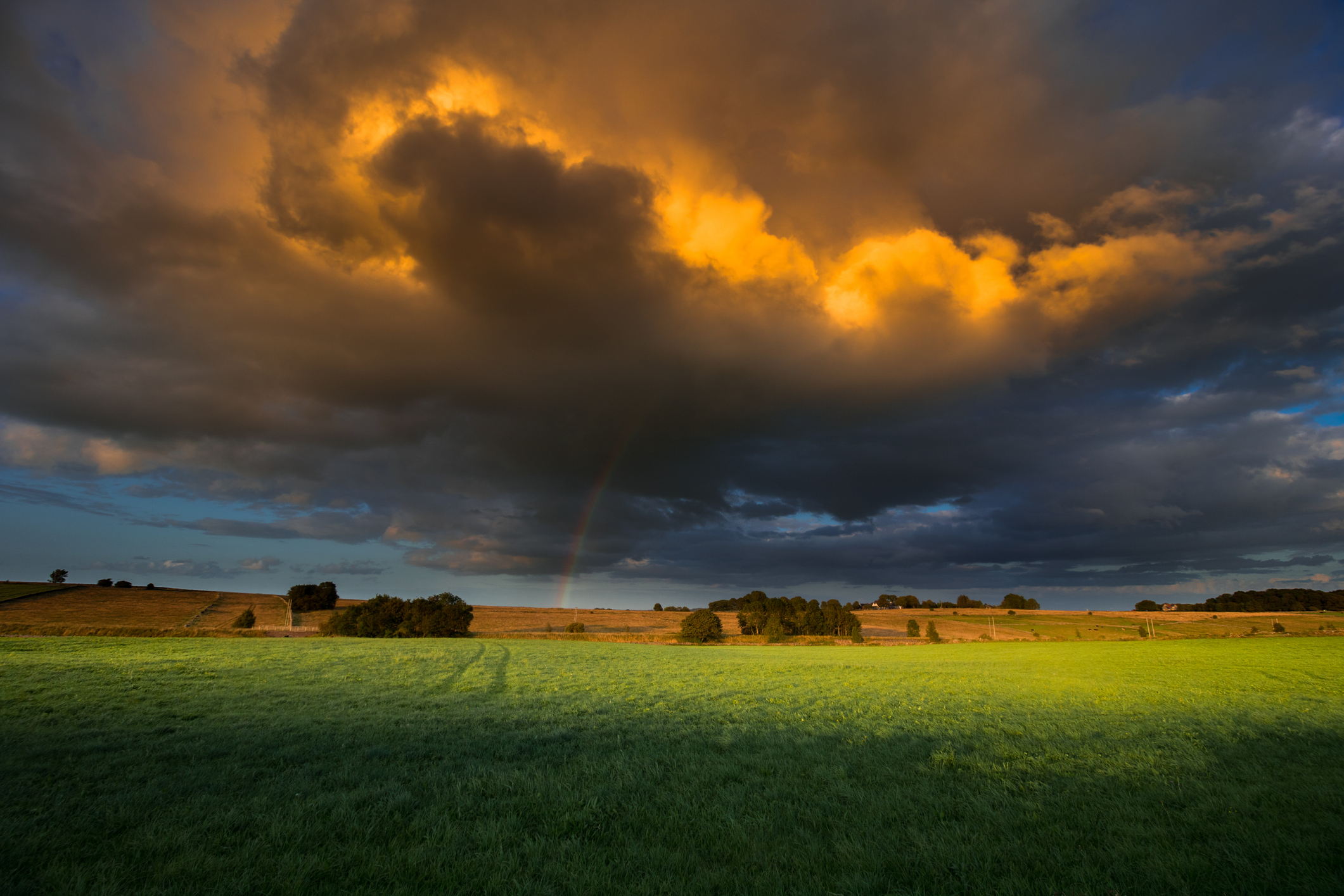 'Every month since June 2023 has now ranked as the planet’s hottest... we are challenging everything on which we rely — our weather, our health, our water and our food security'
'Every month since June 2023 has now ranked as the planet’s hottest... we are challenging everything on which we rely — our weather, our health, our water and our food security'The effects of climate change 'reach right down into every aspect of the planet’s life, from the spread of disease to the profound changes wrought by rising sea levels and intensive storms,' writes our columnist Agromenes.
By Country Life
-
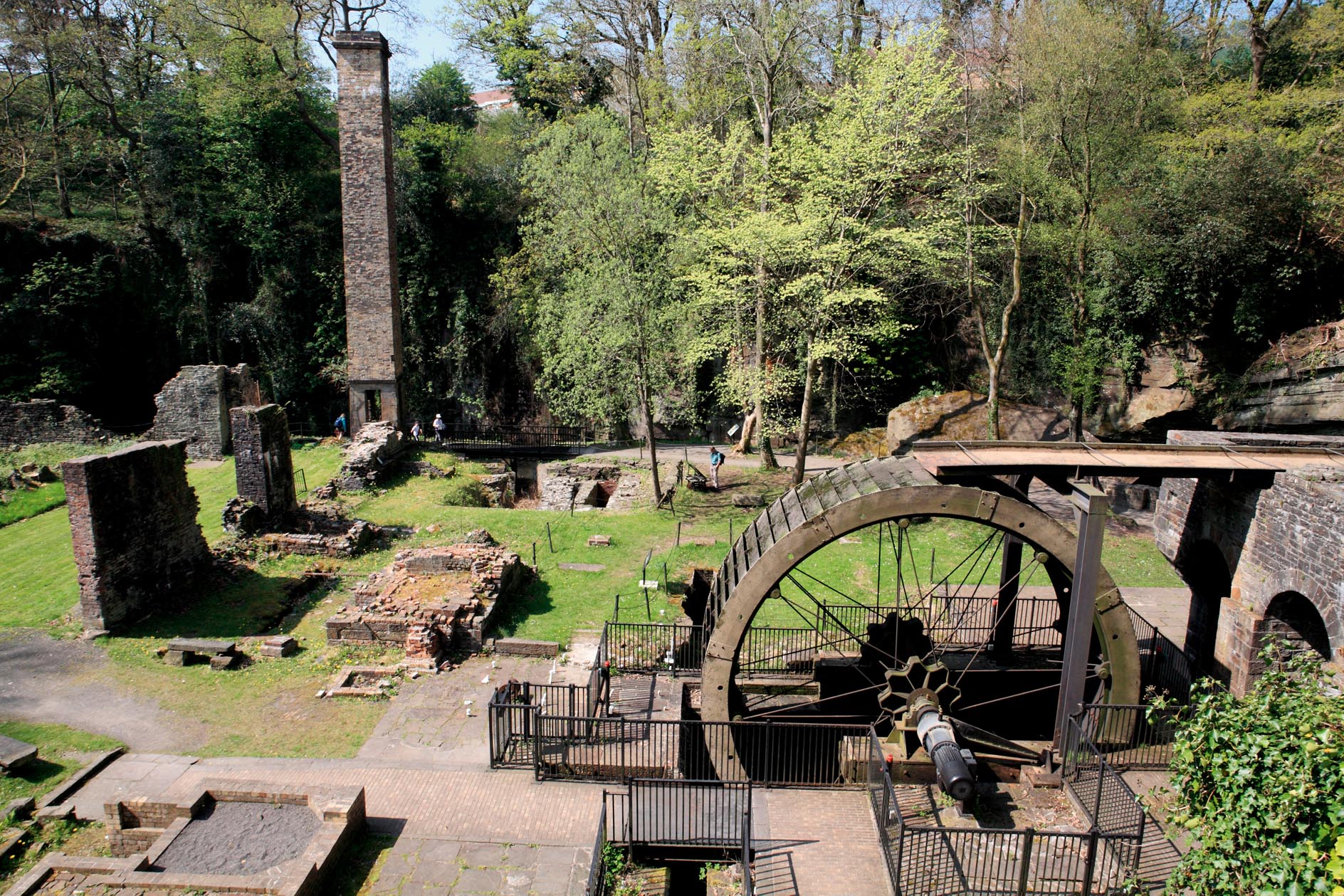 Curious Questions: Can ancient technology of wind, water and hot springs help make a sustainable future?
Curious Questions: Can ancient technology of wind, water and hot springs help make a sustainable future?The UK is switching on to a future of home-grown, greener power — and yet this future is drawing on the past. Jonathan Lee revisits the renewable revolution that started right here.
By Country Life
-
 10 sustainability myths busted, and six things you can do to make a real difference
10 sustainability myths busted, and six things you can do to make a real difference'It is the greatest of all mistakes to do nothing because you can only do a little — do what you can,’ wrote Sydney Smith some two centuries ago, but his words are the perfect reason why we should all do what we can to save the planet. The problem is that it's hard to know just what to do; Jonathan Self pores through the confusing and sometimes contradictory information to help.
By Jonathan Self
-
 Jason Goodwin: 'My own predictions would be for the return of fountain pens and safety razors'
Jason Goodwin: 'My own predictions would be for the return of fountain pens and safety razors'Jason Goodwin suspects that shag carpets may not be making a comeback, but praises the few things that Brexit could bring to our doorsteps – especially those which significantly lessen our environmental impact.
By Jason Goodwin
-
 Jason Goodwin: 'Insofar as anything made of stainless steel can be considered a member of the family, I loved that pan like a brother'
Jason Goodwin: 'Insofar as anything made of stainless steel can be considered a member of the family, I loved that pan like a brother'Our spectator columnist Jason Goodwin dons his cape and ventures off to save the planet, one lifetime guarantee frying pan at a time.
By Jason Goodwin
-
 'She’s not someone you easily imagine in wellies': The challenges faced by Theresa Villiers, Defra's new chief
'She’s not someone you easily imagine in wellies': The challenges faced by Theresa Villiers, Defra's new chiefCountry Life's columnist Agronomes chips in on the problems that await Theresa Villiers, the new Secretary of State in charge of the Department of the Environment, Fisheries and Rural Affairs.
By Country Life
-
 Jonathan Self: ‘Going plastic-free for a week – how hard can it be? Jolly hard is the answer’
Jonathan Self: ‘Going plastic-free for a week – how hard can it be? Jolly hard is the answer’Jonathan Self finds that eschewing plastic for a week is testing, but achievable, even if his quest for locally grown strawberries packed in wooden punnets proves fruitless.
By Jonathan Self